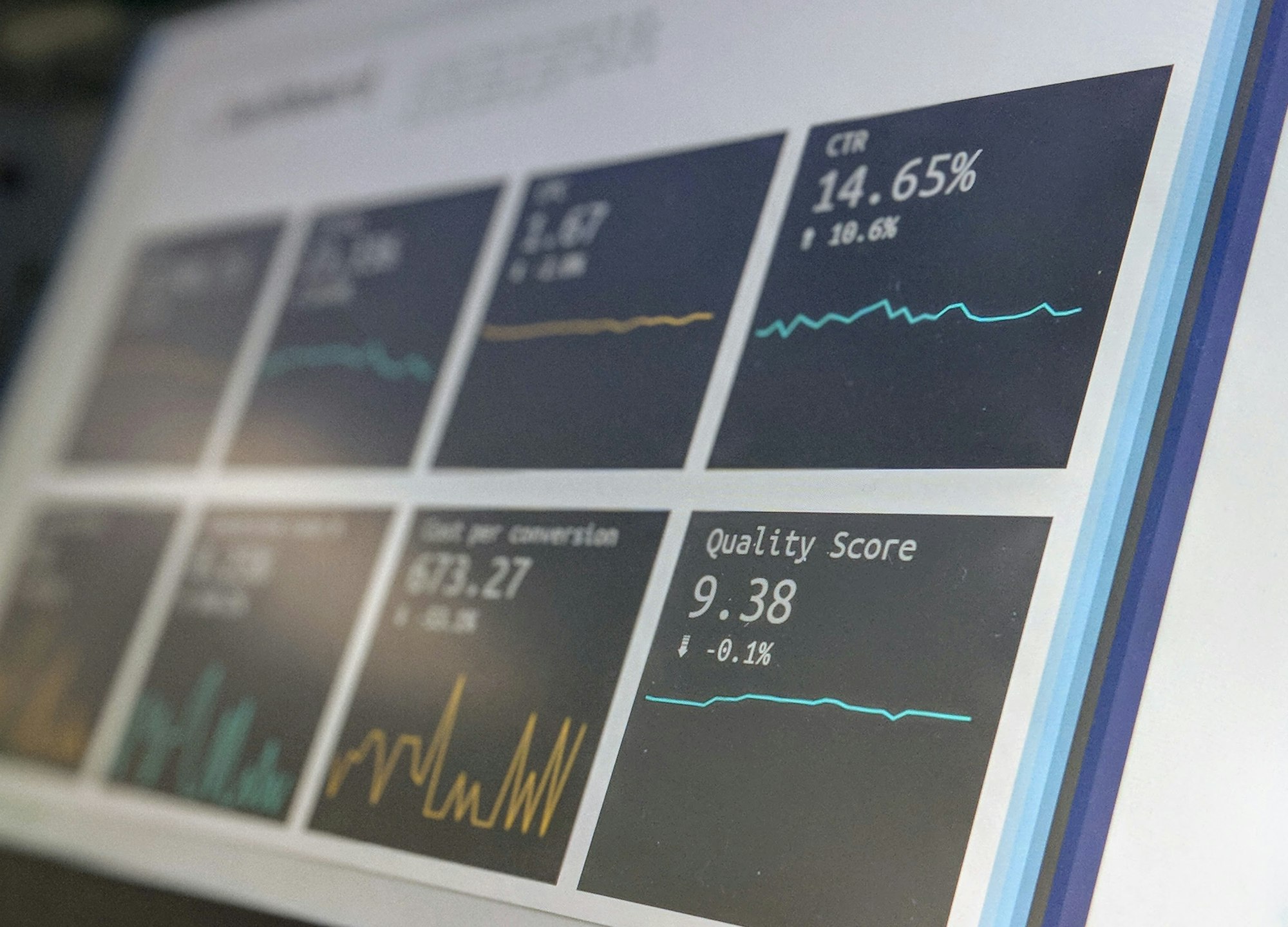Tableau vs DataGPT: Comparison of Standard BI and The New Era of Conversational Data Analysis.
Tableau's traditional stance and its pledge to "transform the way you perceive data" may initially seem enticing. However, reality often falls short of these lofty claims.

In an ever-changing business intelligence environment, Tableau's traditional stance and its pledge to "transform the way you perceive data" may initially seem enticing. However, reality often falls short of these lofty claims. Unearthing valuable insights from your data using Tableau can prove challenging, due to the demanding expertise, limited reusability, significant time expenditure, and hefty resources required. Consequently, it's not shocking to see business user adoption of BI tools hovering at a mere 18%, with analyst backlogs showing no signs of declining.
Emerging is a new category of automated conversational analysis that can enhance your existing Tableau setup, or alternatively be adopted as a standalone solution. DataGPT stands as the forerunner in this innovative category.
DataGPT vs Tableau at a glance:
This table represents a feature Comparison between Tableau's capabilities and DataGPT.
| Data Analysis | Feature |

|

|
|---|---|---|---|
|
Identify Relevant Data
|
Automatic Database Syncing
|
|
|
|
Outlier Detection
|
|
|
|
|
Custom Dashboard Builder
|
|
|
|
|
Data Subset Analysis
|
|
|
| Data Analysis | Feature |

|

|
|---|---|---|---|
|
Construct Data into Arguments
|
Metric Exploration with Dynamic Segmentation
|
|
|
|
Simultaneous Dynamic Segmentation and Drill-down of multiple metrics
|
|
|
|
|
Data Insights
|
|
|
|
|
Heatmaps and Retention Analysis
|
|
|
|
|
Conversational AI-driven analysis
|
|
|
The Value Difference
The stark contrasts in capabilities between DataGPT and Tableau underscore the invaluable role of DataGPT for businesses craving actionable, real-time insights. While Tableau exhibits strength in crafting data visualizations to aid users in understanding 'what' transpired with their data, DataGPT surpasses this by adeptly addressing the more intricate and pivotal question - 'why'.
Tableau confronts challenges with scalability, steep learning curves, and a deficit of real-time analysis. In contrast, DataGPT thrives in these demanding areas. With DataGPT's sophisticated algorithm, your organization can harness automated analysis to delve into all possible factor combinations, precisely pinpointing the segments that most significantly contribute to metric changes. This is bolstered our AI chatbot that ushers in a fresh level of intuitive data interaction. The capacity to pose questions in everyday language and receive answers in human-like terms isn't simply a convenience - it represents a monumental advancement in data democratization.
The combination of these unique features provides an unmatched rapidity and depth of analysis, equipping your organization with the agility and accuracy necessary for efficacious data-driven decision-making. On the quest for "enhanced outcomes through intelligent data-driven experiences," DataGPT unfailingly outperforms where Tableau is found wanting. By incorporating DataGPT, you are investing in a more enlightened and dynamic future for your enterprise.
DataGPT isn't just a tool, but a data companion that is transformative in its abilities, bridging the gap between complex data and comprehensive understanding, ensuring businesses thrive in the data-driven world. In the end, what matters is not just having data, but having data that tells you what's important.
